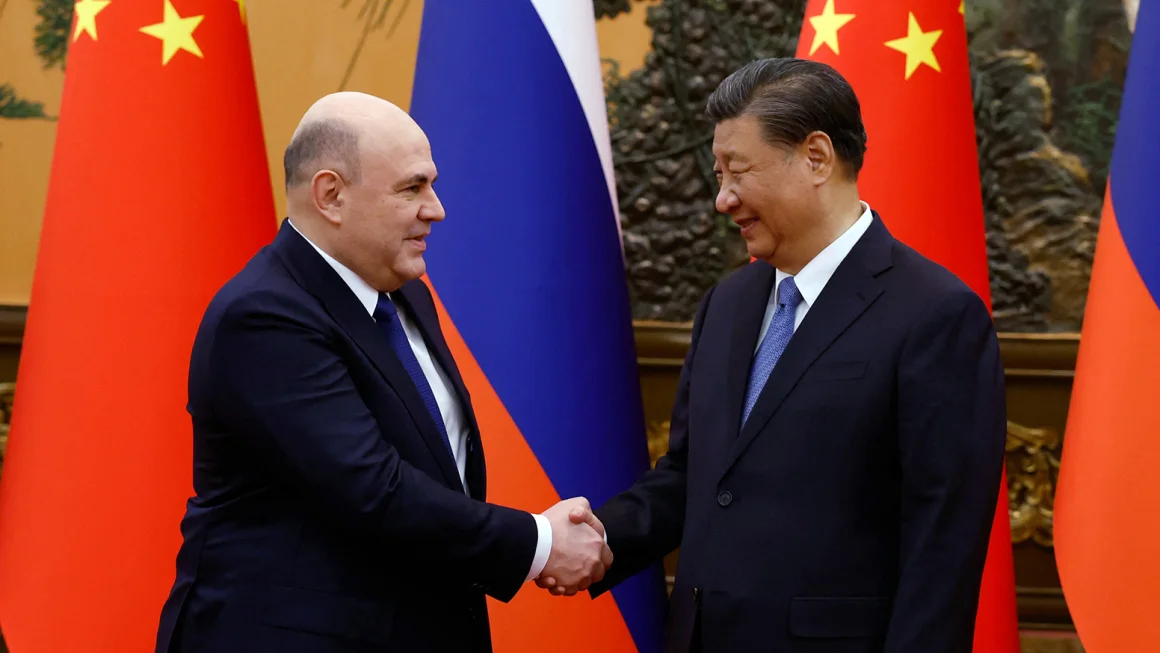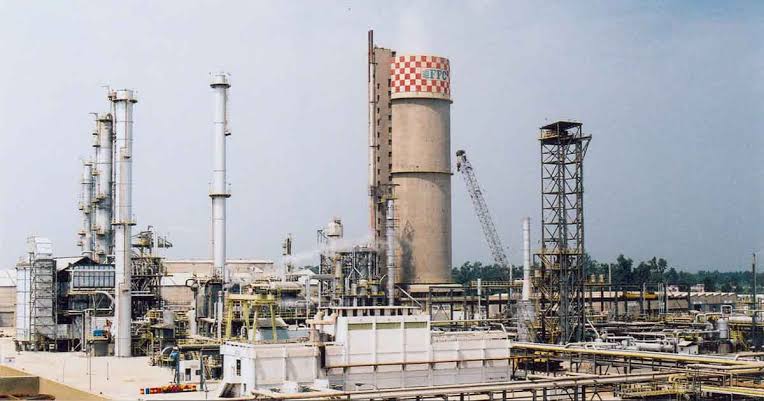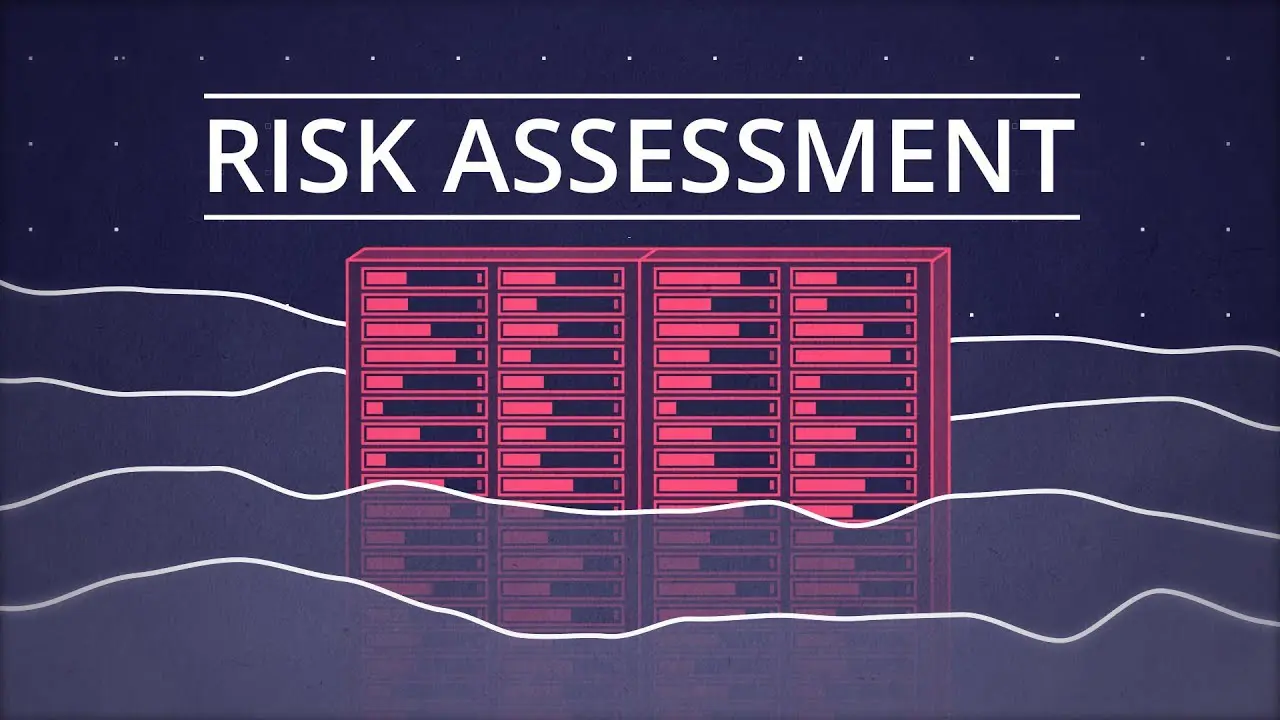Russia Emerges as the Largest Oil Supplier in 2023

In a surprising turn of events, Russia emerged as China’s largest oil supplier, marking a pivotal moment in their economic and diplomatic relations. This shift carries substantial implications for both nations and the broader international community.
The Historical Context
To comprehend the significance of this shift, it’s essential to delve into the historical context of China’s oil imports. Historically, China has diversified its sources of oil, relying on a mix of Middle Eastern, African, and South American suppliers. However, a series of geopolitical and economic factors has prompted China to reassess its energy security strategy.
The Sino-Russian Energy Partnership
The strengthening energy partnership between China and Russia has been a gradual but strategic process. The two nations, often characterized by their shared interests and complementary economies, have increasingly collaborated in various sectors, with energy being a focal point.
1. Strategic Pipelines:
One of the cornerstones of the Sino-Russian energy partnership is the construction of strategic pipelines, most notably the Power of Siberia pipeline. This monumental project, completed in recent years, enables the transportation of Russian natural gas to China, solidifying energy ties between the two nations.
2. Oil Deals and Agreements:
In addition to the gas pipelines, China and Russia have entered into substantial oil deals and agreements. These agreements not only ensure a stable supply of oil for China but also provide Russia with a crucial market for its energy resources.
Read Also: Modern Shoe Cabinets
Economic Benefits for China
The shift towards Russia as the primary oil supplier aligns with China’s broader economic goals and energy security strategy.
1. Diversification and Risk Mitigation:
By diversifying its sources of oil, China aims to mitigate risks associated with geopolitical tensions that may disrupt oil supplies from other regions. This diversification strategy enhances China’s energy security and ensures a more stable supply of resources to fuel its growing economy.
2. Economic Cooperation:
The increased reliance on Russian oil fosters deeper economic cooperation between the two nations. This cooperation extends beyond the energy sector, encompassing trade, investment, and joint ventures that contribute to the economic development of both countries.
Implications for Russia
For Russia, being China’s largest oil supplier signifies a strategic win with several economic and geopolitical advantages.
1. Economic Boost:
The steady demand for Russian oil from China provides a significant economic boost for Russia. It bolsters the country’s energy sector and contributes to its overall economic stability.
2. Geopolitical Alignment:
As Western sanctions and geopolitical tensions persist, Russia’s alignment with China in the energy sector strengthens their geopolitical alliance. This alignment offers both nations a counterbalance to Western influence and fosters a more multipolar world order.
Global Ramifications
The shift in China’s oil supply has ripple effects across the global energy landscape.
1. Impact on Other Suppliers:
While Russia gains prominence as China’s top oil supplier, traditional suppliers may experience a decline in market share. This shift could prompt other oil-producing nations to reassess their strategies and seek new markets for their resources.
2. Geopolitical Dynamics:
The deepening energy ties between China and Russia reshape global geopolitical dynamics. The Sino-Russian partnership challenges the dominance of traditional Western powers in shaping international affairs, ushering in a more complex and multipolar world.
Challenges and Considerations
Despite the apparent benefits of this shift, there are challenges and considerations that both China and Russia must navigate.
1. Dependency Concerns:
China’s increasing dependence on Russian oil raises concerns about overreliance on a single supplier. Beijing must carefully manage this dependency to avoid vulnerability in the event of unforeseen disruptions.
2. Market Dynamics:
Russia, while enjoying its role as China’s top oil supplier, must navigate the complex dynamics of global energy markets. Fluctuating oil prices, geopolitical uncertainties, and environmental concerns pose challenges that require strategic management.
In the End
The emergence of Russia as China’s largest oil supplier in 2023 marks a transformative moment in global energy dynamics. This strategic shift reflects the deepening ties between the two nations and has far-reaching implications for their economies, geopolitics, and the broader international community. As China continues to diversify its sources of energy, and Russia solidifies its position as a key player in the global energy landscape, the stage is set for a new chapter in the evolving narrative of international relations.











